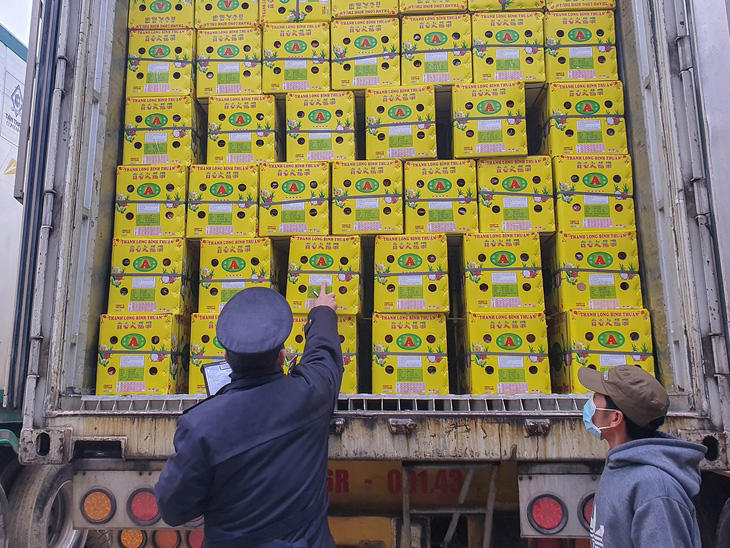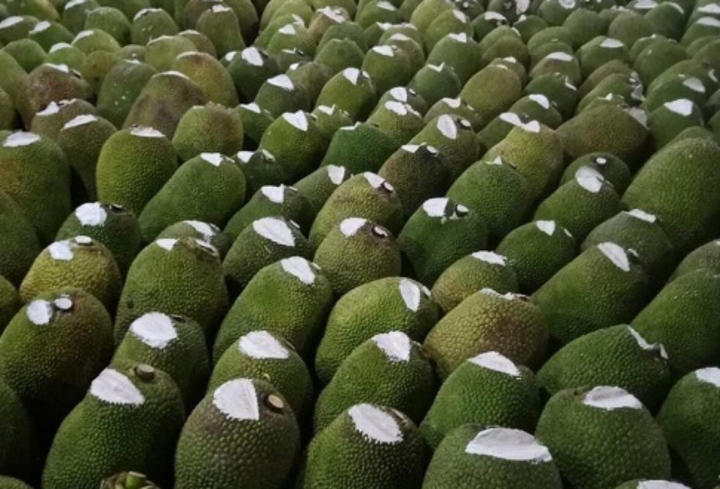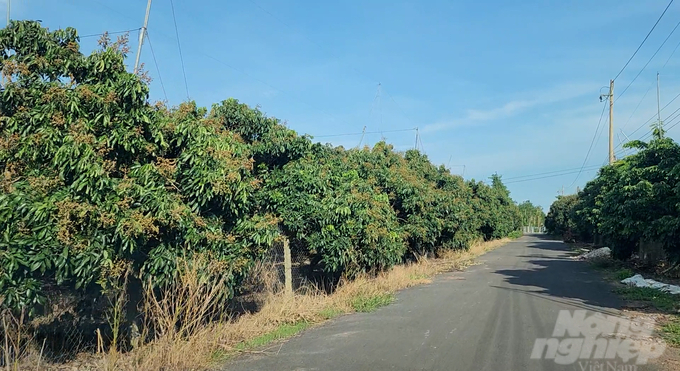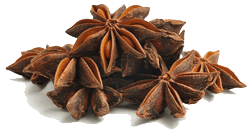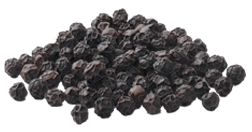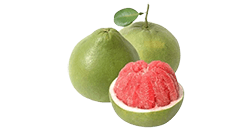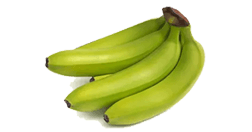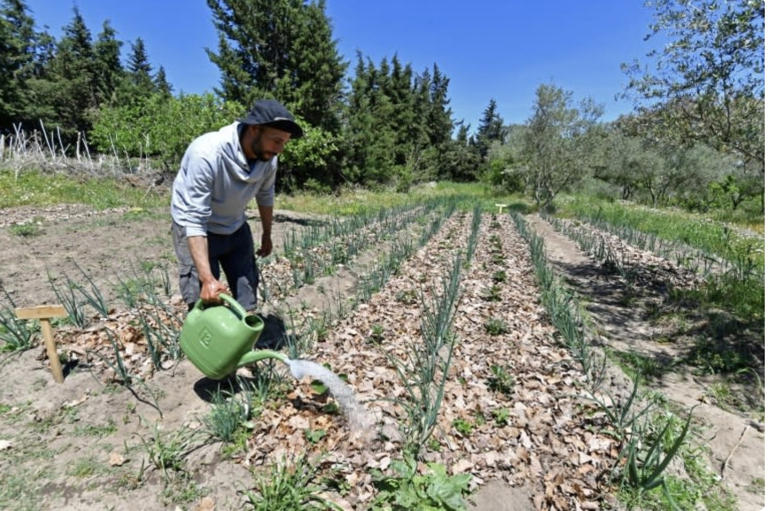
Saber Zouani lost her job as a waiter when the COVID-19 pandemic impacted Tunisia’s tourism industry, so she opened a Permaculture farm.
Now Saber Zouani, 37, grows all the food she needs and is a pioneer in the eco-agriculture style that is gaining many supporters around the world, including in her own country. North Africa Tunisia.
Many hope this approach will help Tunisia weather the effects of climate change and eliminate its reliance on global supply chains, including grain and fertilizer imports from Ukraine and Russia.
In his home city of Cap Negro, Zouani proudly shows off his 3-hectare farm, set up to mimic natural ecosystems, an idea popularized by Australian ecologists in the 1970s.
Permaculture is seen as an alternative to industrial agriculture, which works in harmony with the environment, keeping soil structure intact and does not require artificial inputs such as chemical fertilizers or pesticides. .
Such methods are particularly useful in Tunisia, where an unprecedented drought has parched the countryside and sent reservoirs to dangerously low levels this spring.
On his farm, Zouani collects rainwater in a pond and irrigates crops sparingly. Zouani also raises cows, sheep, goats, and chickens and composts their manure to create a natural fertilizer rich in nitrogen.
Zouani earns about 300 dinars ($100) a month from selling farm produce, the rest of the produce is enough for him, his brother, and elderly parents.
Zouani hopes to earn a “decent income” in the next 2-3 years and turn his “Om Hnia” farm into a diner and eventually an eco-lodge in the countryside.
Zouani started her business more than two years ago with the help of the Tunisian Permaculture Association. The association provided initial training, then financed Zouani’s basic equipment.
President Rim Mathlouthi said, the project: “Plant Your Farm” aims to create 50 micro-farms within 5 years, with about 30 farms already in operation.
The goal is to “prove to authorities and other farmers that permaculture is a profitable and efficient farming system that delivers biodiversity when the land is depleted,” Ms. Mathlouthi said. exhausted by plowing and chemical input”.
The initiative, with funding from Switzerland and other countries, has scope to reach the sunny arid regions of Tunisia and is aimed at enticing young unemployed people to farm the land, she said. abandoned by the family.
Ms. Mathlouthi also shared, hoping the project will help change a model “where Tunisian farmers lose money because they constantly spend on seeds, fertilizers and pesticides while the output is very small.
Permaculture also aims to help Tunisia adapt to the extreme drought that has adversely affected an agricultural sector centered on wheat, barley and other water-intensive grains.
To help Tunisia’s newly joined eco-farmers sell organic products and promote aquaculture, the association promoted the market for farmers and created the label “citizen food”.
Families gathered for a recent workshop at a school in the northern city of Bizerte to learn green farming techniques and taste the produce. “These are healthy products. It’s important to know what you’re eating,” said Salem Laghouati, 44, a father of three.
Maissa Haddad, a 49-year-old teacher, is proud to “educate children about aquaculture” and teaches them that it is “beneficial for the planet and our way of life”.
Read the original post here .


